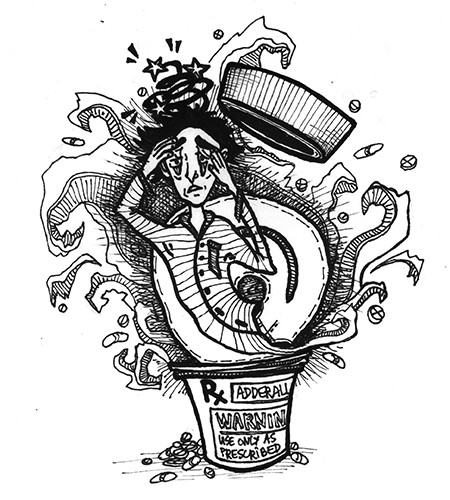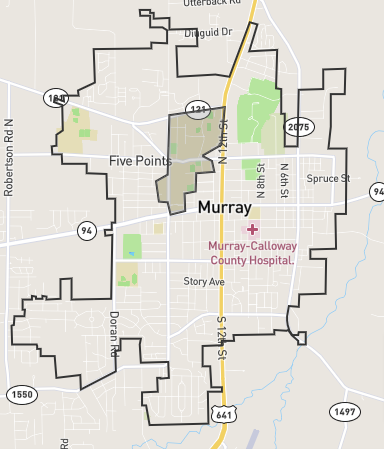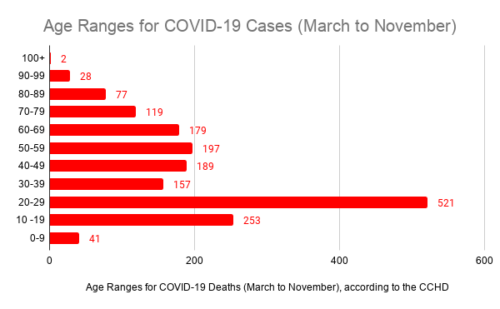The staff editorial is the majority opinion of The Murray State News Editorial Board.

College is a commitment that is academically demanding. We pull all-nighters to cram for tests, we juggle multiple papers at once and some of us unofficially live at Waterfield Library. These are regarded as normal aspects of student life, but some students turn to extreme measures to give them a boost.
Adderall, Ritalin and Vyvanse are just a few examples of amphetamines used to treat Attention Deficit Hyperactivity Disorder. When taken recreationally, ADHD medications provide heightened levels of focus and energy. The pills may provide a leg up when trying to balance multiple assignments at once, but the risks are higher than the reward of a good grade.
According to the American Academy of Neurology, ADHD medication is highly addictive. Side effects can be as mild as insomnia or as severe as irregular heartbeat, hallucinations, seizures and high blood pressure. Its use can become fatal when combined with drinking alcohol, which is a common combination for college students. Those who abuse amphetamines will feel delusional from a lack of sleep, severe weight loss and slight paranoia.
Health isn’t the only thing students are gambling with when recreationally using amphetamines. ADHD medication is listed as a schedule II drug by the Drug Enforcement Agency because of its high potential of abuse. It makes the list alongside cocaine, morphine and Dilaudid.
There are two groups of students responsible for the ADHD medication problem on campus – students who buy it and students who are prescribed it but don’t mind selling it or giving it away.
ADHD medication affects people diagnosed with ADHD in different ways than it does people who are not. Adults who are prescribed amphetamines because they have ADHD report feeling moody, anxious and “zombie-like” when they take their medication. This leads to many people selling it or giving it away to people who don’t have ADHD because people who are not diagnosed may have more of a sense of euphoria when they take the medication because their dopamine receptors are flooded.
If students are prescribed amphetamines and experience negative side effects, they should cancel their prescription. By trafficking medication, they are contributing to a growing problem. Students who are using ADHD as an upper or a study buddy should quit before it becomes an addiction.
Because ADHD medication is approved by the Food and Drug Administration and is so easy to access, some don’t consider it a real drug with serious consequences. This is ignorant and far from the truth. Students must know the dangers of recreational amphetamine uses before using it as a “study buddy.”


































































































